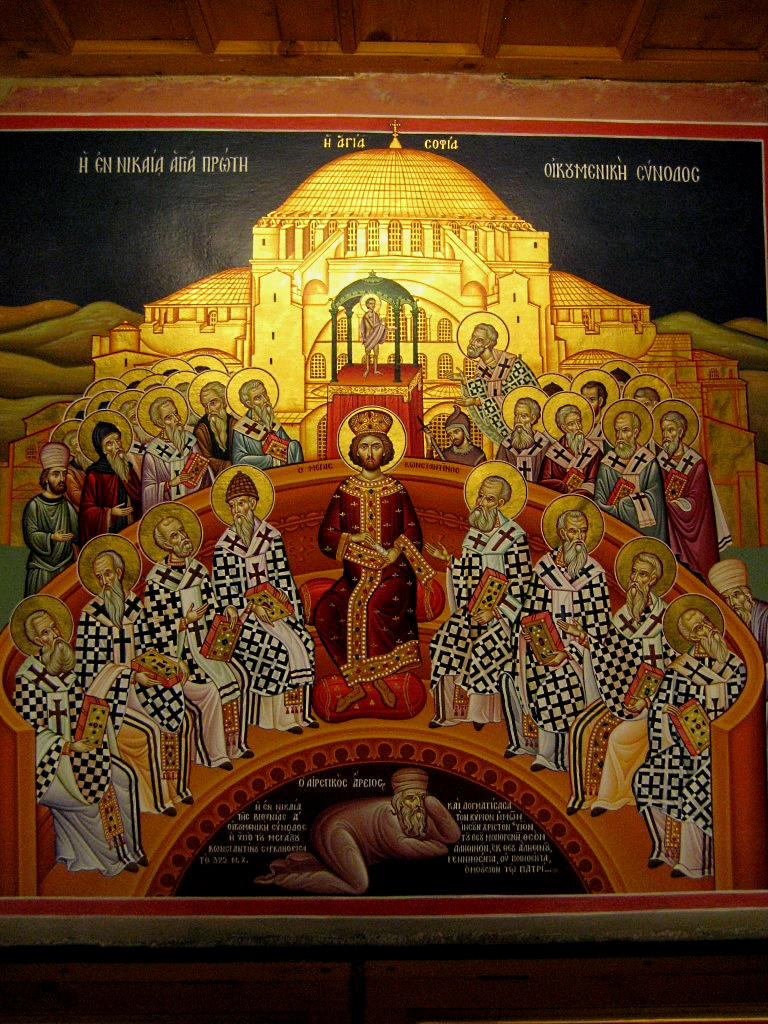The religious leaders of Jesus' day demanded to know by what
authority
he taught the things he did and worked the miracles he did.
It is important to determine by what authority any religious body
claims to speak. This, in fact, is the intent behind the second
of the Ten Commandments (by the Catholic numbering), which forbids
taking the name of the Lord in vain
.
This prohibition was originally intended not against profanity
(if that even existed at the time), but rather against presuming to
speak for God, i.e., to claim to speak in His name, as false prophets
did.
So the question is appropriate:
- Was there a 'great apostasy' in the early Christian Church, leading to a need for 'restoration' in the late 19th and early 20th century?
I invite your engagement with me on this question. You may leave
comments below, but please be sure to read our
policy on commenting
before doing so.
